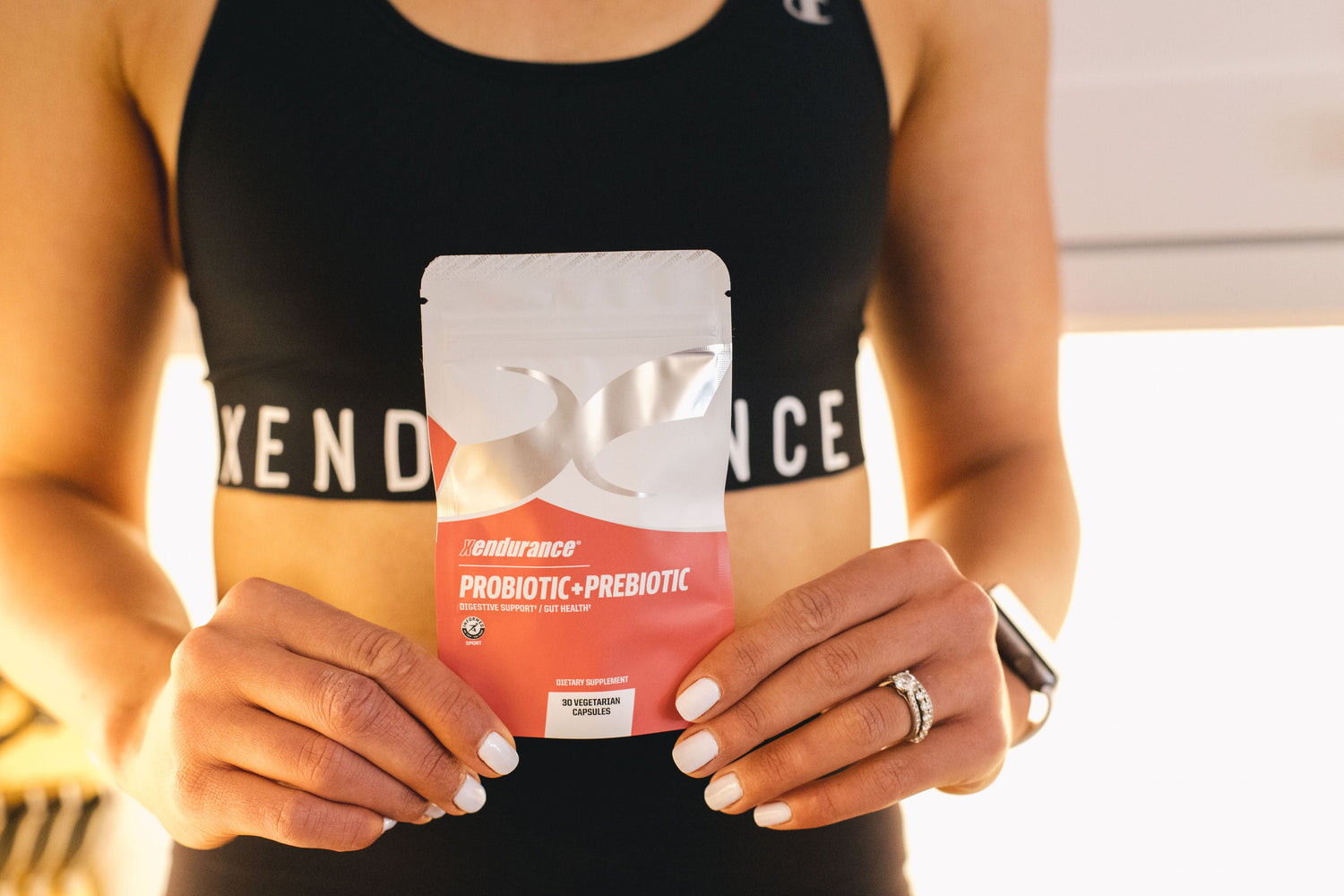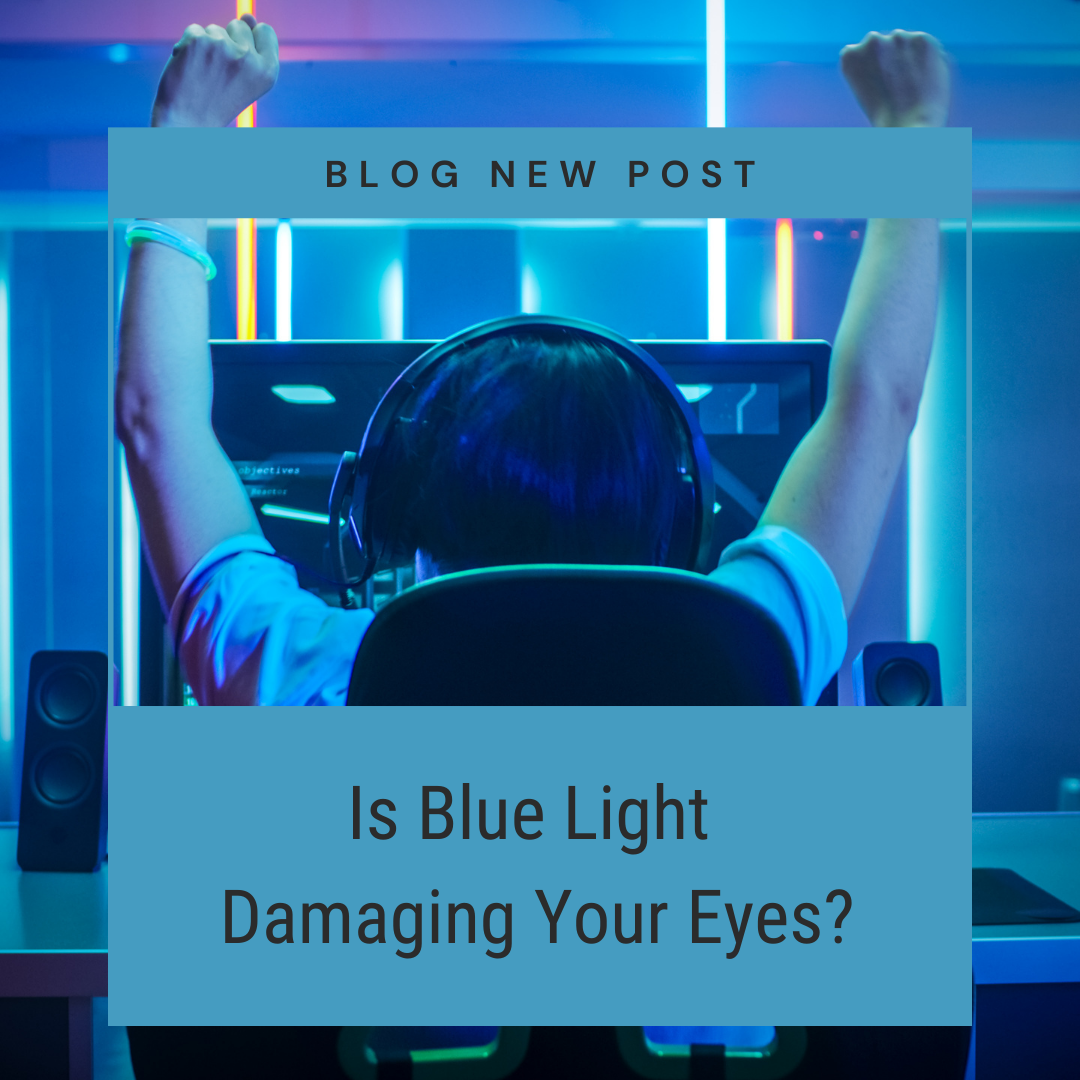Stress is something that we all experience. Stress can cause depression and anxiety along with numerous other health disorders. A recent survey that shows 65% of adults experience some form of stress each and every day. Stress truly messes up our lives! But guess what; stress is manageable! Making small changes in your daily routine can help reduce stress levels. One of those changes may well be adding probiotics for mental health and wellbeing to your diet.
Can Probiotics for Stress Relief Help?
Surprisingly, there has been ongoing probiotics and mental health research and clinical trials for decades on brain health, stress reduction and the association with probiotics. Think about it. Stress can lead to sleep issues, headaches, difficulty concentrating and even skin problems. Many of us experience some if not all of these symptoms. Stress activates our stress response system which includes the hypothalamic-pituitary-adrenal (HPA) axis, part of the gut brain axis. This triggers a fight or flight response.
What Are Stress Hormones?
Have you ever been chased by an elephant? We hope not, but if so, we are certain you would have experienced adrenaline as you try to run as fast as you can to get away.
Adrenaline is a stress hormone. It elevates your blood pressure and you have a surge of energy. Ever hear of a person lifting a car off of someone after a car accident? Or getting chased by that elephant?
The primary stress hormone, however, is Cortisol. Cortisol is responsible for increasing sugars or glucose in your bloodstream and it also enhances your brain’s use of glucose. Your intestinal barrier may also be affected by cortisol as it can affect the composition of your gut microbiota.
The gut produces compounds such as amino acids, neurotransmitters and metabolites. These neuroactive compounds can signal the brain and the gut. Hence, we have the microbiota-gut-brain axis.
Psychobiotics or Probiotics?
If you consume a probiotic, it should reach your gut (if it's a good one) and can provide multiple responses to stress through the microbiota-gut-brain axis. There is positive science that stress is affected by the link between probiotics and the brain. Some call the consumption of a probiotic to treat stress a psychobiotic. Psychobiotics are specifically taken to help manage stress and support brain health. It’s a new term but we may be hearing more and more about psychobiotics since we all seem to be trying to manage stress.
Stress Relievers: Are Probiotics The Solution?
Researchers will continue to digest (no pun intended) the connection of probiotics and brain health. We should also take it upon ourselves to become more aware and seek out possible treatments for stress. Don’t leave it entirely to your doctor to figure out how to treat your stress and anxiety. You know your body best. You know your lifestyle, your habits and you know what is going on in your head.
What is apparent is that the last two years have had us riding the roller coaster of Covid. 67% of US adults claim to have experienced an increase of stress due to Covid. 78% said Covid was one of the top stresses in their lives.
Is this you?
If you are one of the 67%, maybe ask yourself if a probiotic is worth a try. If you are already taking a probiotic, maybe try one with more strains and more CFUs if you are still battling stress and/or anxiety.
The Xendurance Probiotic & Prebiotic has a multitude of strains and CFUs; this 17 strain blend contains 10 billion CFUs of known beneficial microbiome that are delivered in a vegetarian, delayed-release, acid-resistant capsule.
So now are you going to settle for the status quo of believing there is no real solution for stress or anxiety? Maybe this psychobiotic will get your gut talking to your brain and providing much needed results!
Sources:
Multi-Sponsor Surveys Inc, “2018 Study of Energy Needs & Solutions”
Zhang N, Liao X, Zhang Y, Li M, Wang W, Zhai S. Probiotic supplements for relieving stress in healthy participants: A protocol for systematic review and meta-analysis of randomized controlled trials. Medicine (Baltimore). 2019;98(20):e15416. doi:10.1097/MD.0000000000015416









Leave a comment
This site is protected by hCaptcha and the hCaptcha Privacy Policy and Terms of Service apply.